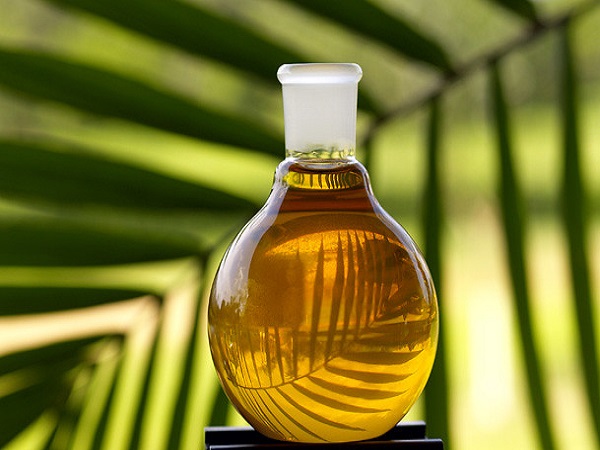Will Edible Oil Price Fall With A Push For Palm Oil Production In India?
Palm trees are grown in the tropical areas, mostly in Indonesia and Malaysia, but the plantations are spreading across Asia, Africa, and Latin America now. In developing countries, it is used in cooking or edible oil, food products, detergents, cosmetics, etc. India is one of the largest crude palm oil (CPO) importers globally, and these two countries are big exporters. India does not produce much palm oil, only some small-scale industrial farmers are engaged with this. But in the last few years, India Inc. was thinking to increase domestic production that is expected to reduce India's dependency on palm oil imports. When India starts producing it within the country, eventually, its cost will go down.

The Indian government now has launched a mission called National Mission on Edible Oil-Oil Palm, to increase domestic productions, that will be focussed in the North-Eastern states and the Andaman and Nicobar Islands because of the region's conducive ecosystem. Recently India started to have some political and economic tension with Malaysia, thus is impacting the CPO import from the country, and the prices hiked too. However, the demand for it did not fall. As India imports CPO, as its price is rising in the international markets, the price for the same in the domestic market will rise too. Presently the palm oil price has hit all-time highs. The international palm oil price averaged $601 per tonne. Since 2020 it has increased to $752 per tonne and in 2021's first quarter reached $1014 per tonne. The World Bank has estimated the price might average $974 per tonne in 2021. Hence, along with edible oil prices, some other consumer product prices also hiked - because of the rising prices of raw materials including palm oil.
Palm oil import is also a pressure on India's foreign exchange reserves. Hence, for India now it is a compulsion to give a push to palm oil production that might cut edible oil prices. Common citizens are already stressed with increasing inflation, and edible oil holds a good weight in it. If the union government can pull down edible oil prices, it will ease the consumers' pockets.
The government had earlier lifted the cap on the number of hectares a single palm oil farmer can cultivate. Now the National Mission on Edible Oil-Oil Palm promises an additional 6.5 lakh hectares area for palm oil by 2025-26. it will also develop the total area under oil palm cultivation to 10 lakh hectares by 2025-26 and 16.7 lakh hectares by 2029-30. As more area is allocated for palm under the mission, it will amplify indigenously produced palm oil. If this mission continues at a good pace, it will save a sizeable amount of foreign reserves and cut edible oil prices. The government has already announced an investment of more than Rs. 11,000 crore over five years.
India's vegetable oil economy globally is the fourth largest after the USA, China, and Brazil. Palm oil import in India is almost 55% of the country's total vegetable oil import. Earlier, G. Chandrashekhar, an economist and commodities expert commented, "It's a huge drag on India's foreign exchange reserves. Every year, we spend $11 to $12 billion on importing edible oils, and palm oil is the most economical vegetable oil on the world market".
PM Narendra Modi's notable initiative, the 'Make in India' project's incentives for the oil palm growers have been increased twice five years ago, along with subsidies. This time, he is going to take up a Minimum Support Price mechanism, and the government will fix this at 14.3% of Crude Palm Oil (CPO) price. The farmers will also receive assistance for planting materials of Rs. 29,000 per hectare, which is a sharp rise from Rs. 12,000 per hectare earlier.
However, the environmentalists are skeptical about the mission as it will destroy the rain forests, and carbon emission will increase. Although it is a very productive crop, profitable for the farmers, and will reduce the burgeoning edible oil prices, the natural ecosystem will be affected. In the long term, the country will depart from being a sustainable economy if palm oil production increases domestically.



























